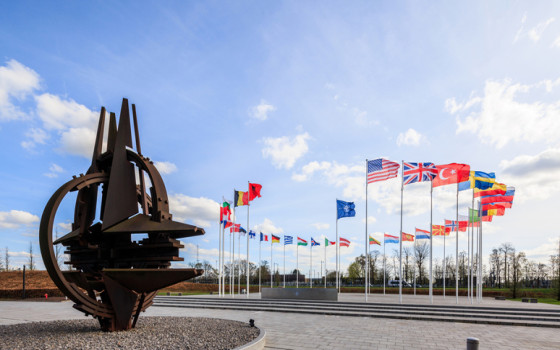
Doubling NATO defense spending: A thorny issue facing the NATO summit in The Hague next week

- Europe and Arabs
- Friday , 20 June 2025 11:1 AM GMT
Brussels: Europe and the Arabs
Leaders at next week's NATO summit in The Hague have one task: to agree on a plan to more than double the alliance's national defense spending to 5% of GDP. But at the last minute, cracks in the intended spending unity are becoming increasingly apparent. Spain is vehemently refusing, and divided governing coalitions in Germany and Belgium are showing that it will be difficult for some capitals to fulfill their previous pledges. According to a report in Playbook, the European version of the American magazine Politico, it added: "Spain cannot commit to a specific spending target," Spanish Prime Minister Pedro Sánchez wrote to NATO Secretary General Mark Rutte on Thursday. Given that Spain is spending only 1.2% of its GDP at this stage (compared to the 2% target agreed upon in 2014), the request for an exception is a setback, but not entirely surprising. Former Italian Prime Minister Giuseppe Conte, leader of the Italian Five Star Movement, has also invited anti-rearmament leaders to a counter-summit in the Dutch parliament on Tuesday, hosted by the Dutch Socialists.
But it's not just the expected pacifists who are in for a shock. Take, for example, Belgian MEP Sami Mahdi, leader of the Flemish Christian Democrats (CD&V), who was previously outspoken about Belgium's need to meet its 2% target. Today, his party is a prominent member of the center-right European People's Party and part of Prime Minister Bart De Wever's government, which has already backed the 5% target. However, Mahdi said that increasing spending would be "a mad approach," in an interview for this week's EU Confidential podcast, which is released today.
Mahdi's argument, in a nutshell: Europe could spend its current investments more efficiently—Mahdi endorsed the idea of creating a European army—rather than burdening citizens with the cost of each country's defense. Guns vs. Butter: Citing a headline suggesting that increased defense budget allocations would mean a €6,000 annual drop in purchasing power for Belgian households, Mahdi warned that the mainstream could “lose a lot” of voters to “extremist parties, especially the far left.”
Threat Assessment: This point was supported by Ralf Stegner, a prominent member of Germany’s Social Democratic Party (SPD)—though, of course, he warned that welfare cuts to fund the war would empower his country’s far right. Stegner, a member of parliament, co-authored a provocative “peace manifesto” calling for spending on humanitarian aid rather than weapons. Even more so than Mahdi’s party, Stegner’s party is a key player in the ruling coalition, and on this week’s episode of “EU Secrets,” both argued that their allies were dominating the public debate to achieve the 5% target. Vague timelines: A clear sign of unease—capitals are likely to nominate 2035 for the new target, three years after Rutte's 2032 proposal, and 10 years from now.
Vague calculations: Technically, only 3.5% of GDP should be allocated to the military sector, while the rest can be allocated to related investments such as infrastructure and cybersecurity. This leaves plenty of room for interpretation and accounting adjustments. Between that and the long deadline, who knows if Trump will notice if countries actually implement it?
Let's be realistic: "I don't know if this is the most strategic option," Mahdi said. "Maybe it's better to hide what you're thinking. But we should have an honest discussion" about what countries are actually willing to spend and how to finance it.


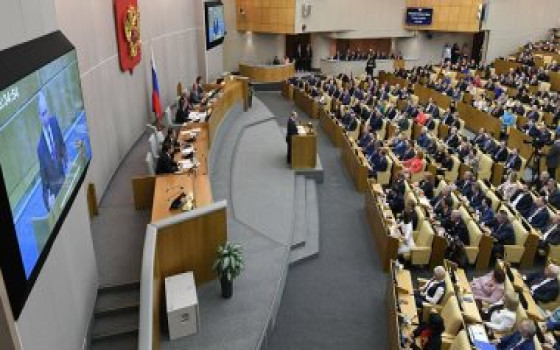

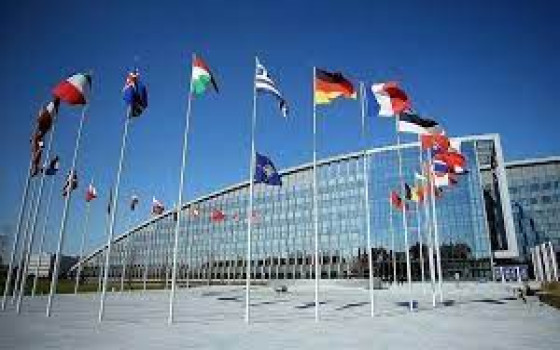
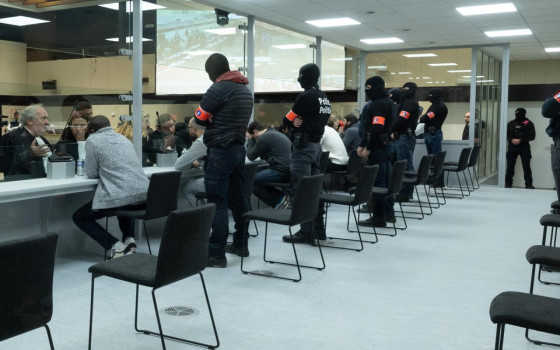

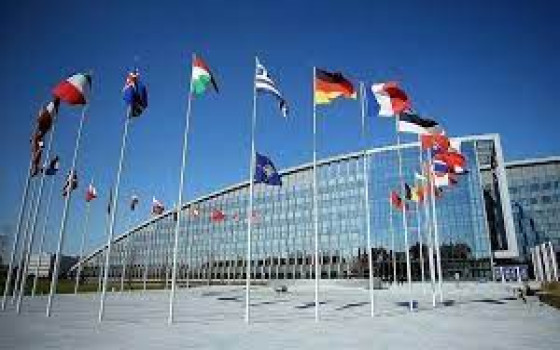
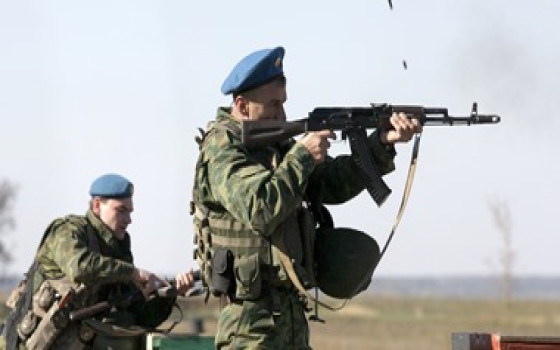
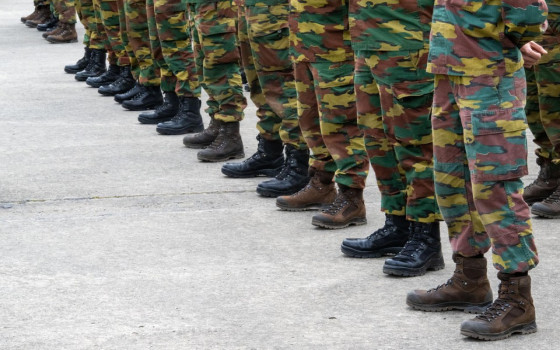

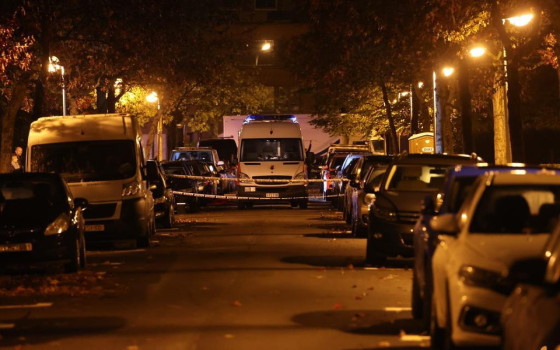
No Comments Found